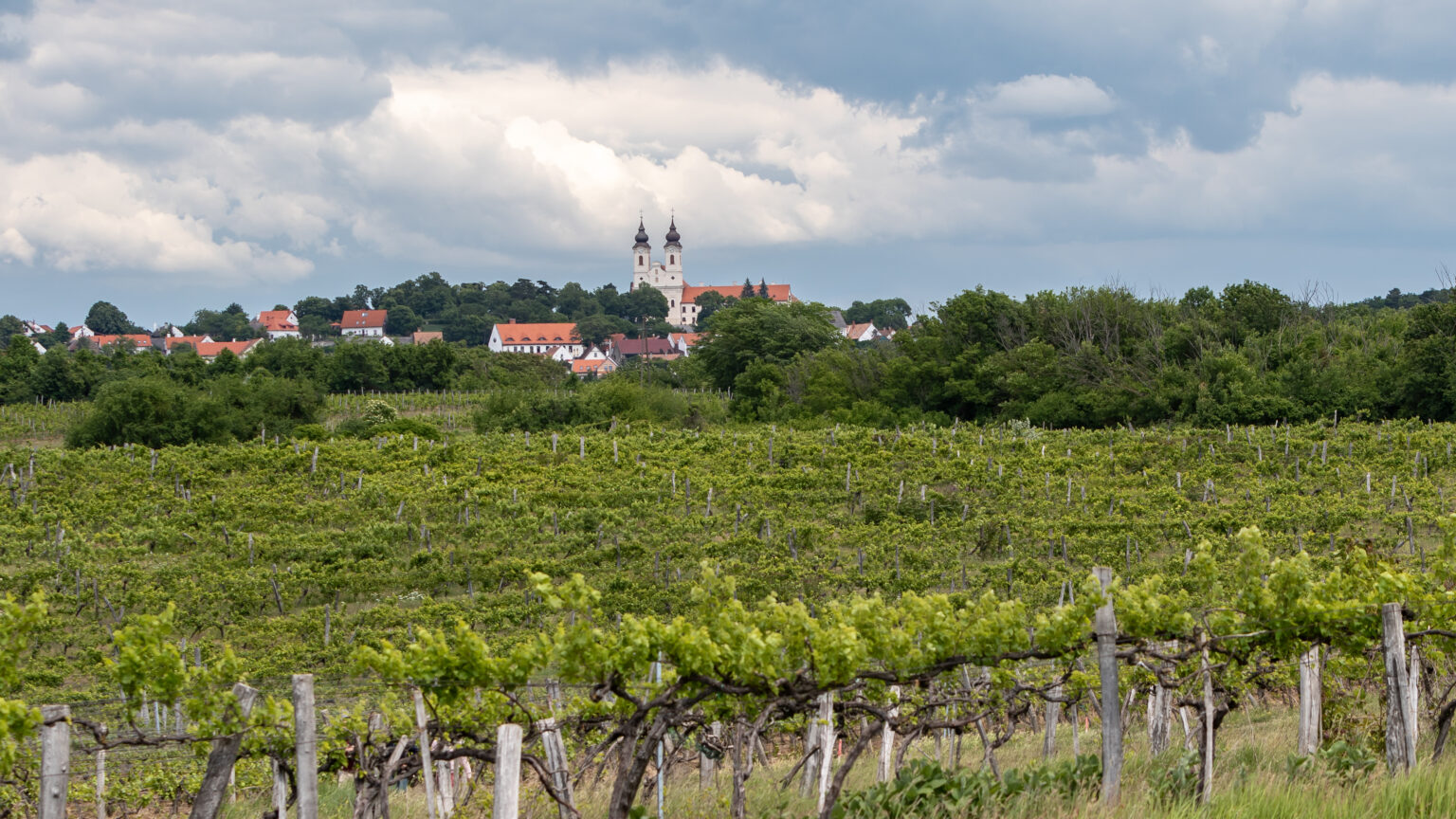
Hungary believes that flexibility, technological neutrality and regulatory predictability are essential for environmental policy if Europe is to remain competitive, the country’s environment state secretary said in Brussels amid renewed EU debates on green regulation.
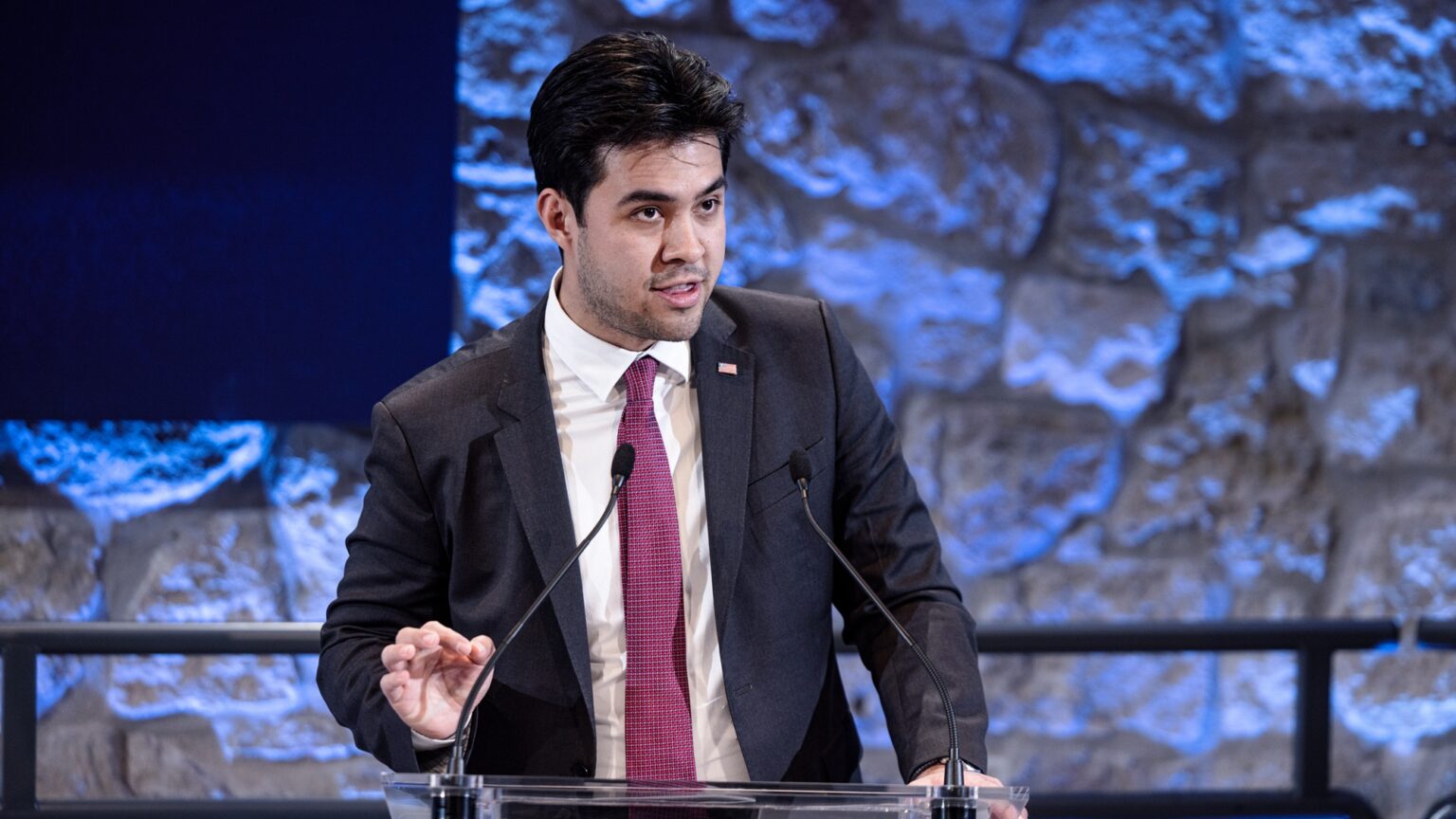
‘The speaker pointed out that the city of Budapest, where the event was taking place, withstood the oppressions of the Mongols, the Ottomans, the Nazis, and the Soviets, yet it remained committed to its Western values. He then likened those oppressions to those coming from the EU, which, he believes, is working to suppress national identity and nationalist and conservative sentiments.’
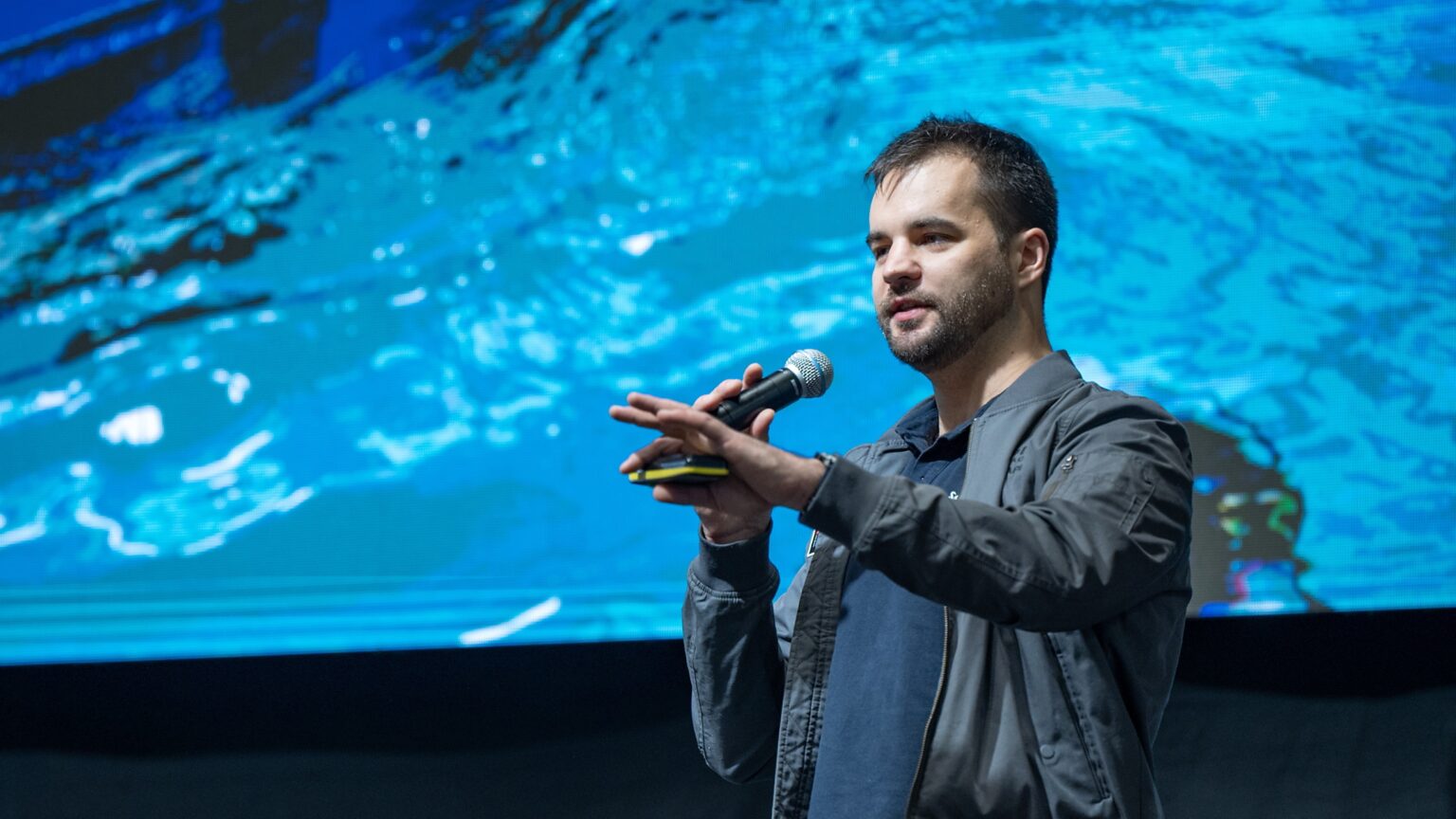
The University of Debrecen has awarded research astronaut Tibor Kapu an honorary associate professorship, recognizing his contribution to space-based plant research and his role in carrying out experiments developed by the university aboard the International Space Station.

‘With Donald Trump taking office as US president, a whole new era began in Hungarian–American relations, which is also reflected in trade and investment volumes.’
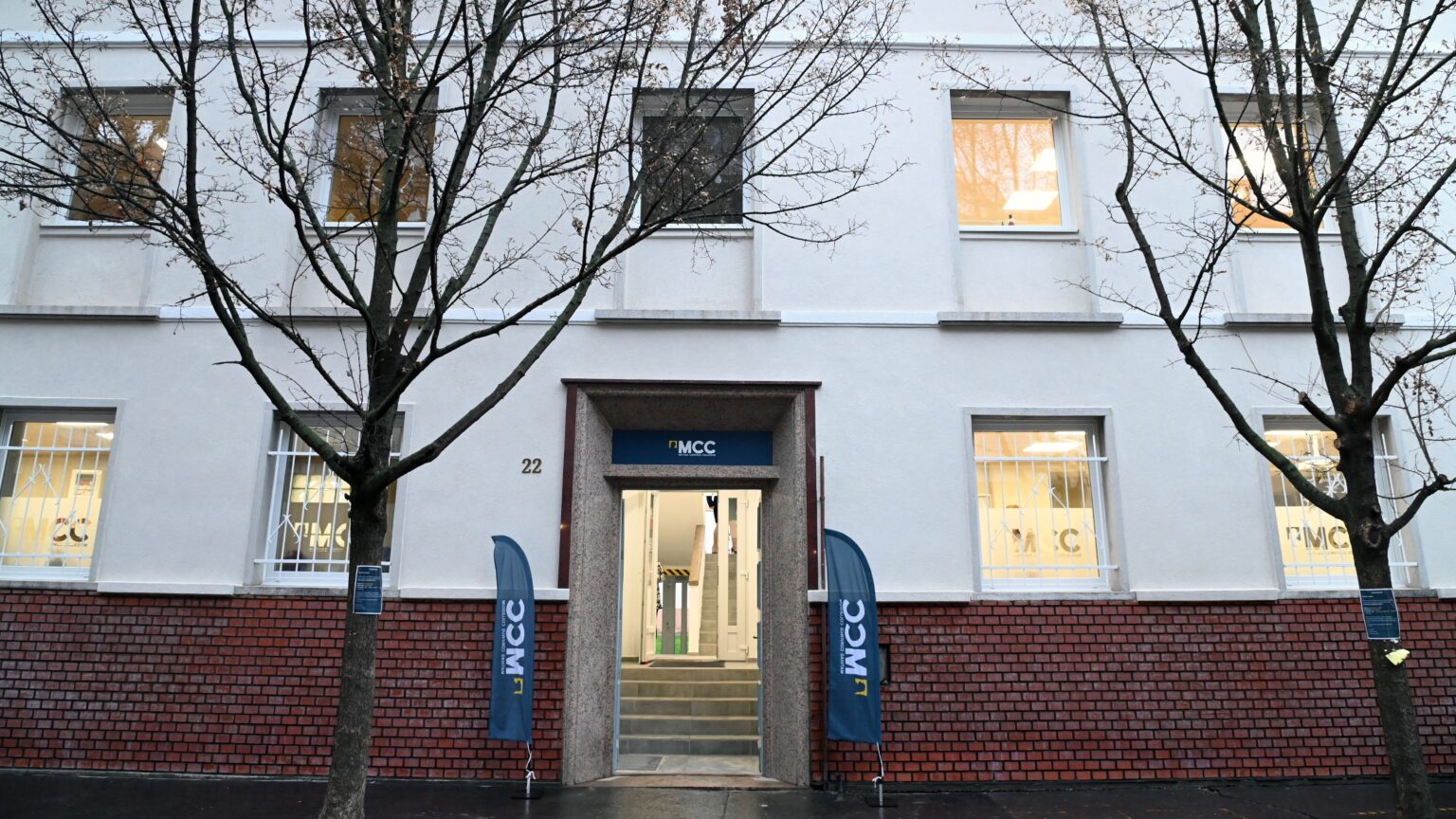
Talent is one of Hungary’s most valuable resources, and how it is identified and nurtured is a shared responsibility, a local MP said at the opening of the Mathias Corvinus Collegium’s new training centre in Szolnok, highlighting the city’s growing role in talent development.
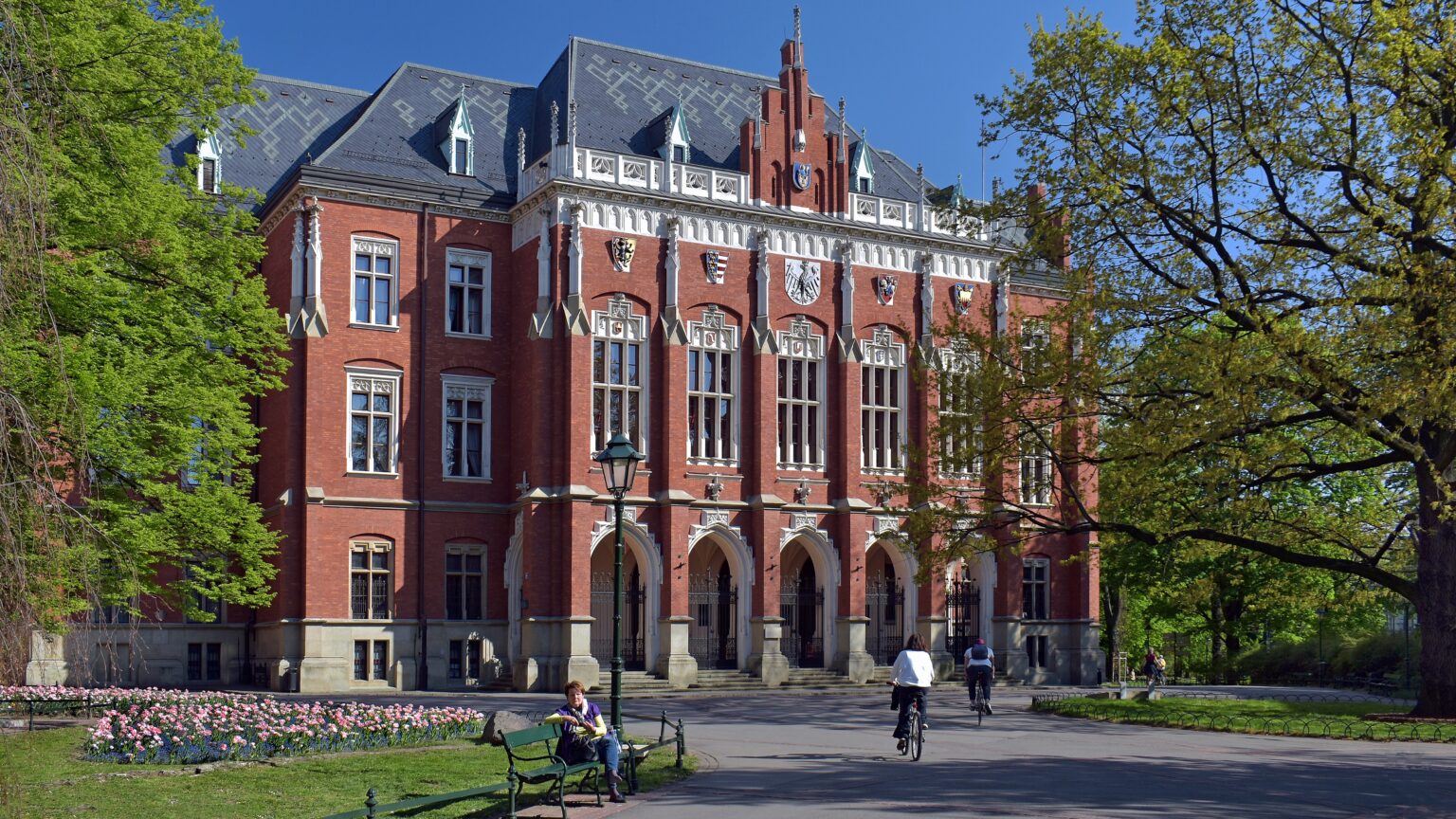
‘Christianity gave birth to the continent’s moral imagination, legal systems, and cultural achievements. To strip schools of this heritage is not neutrality; it is amnesia.’
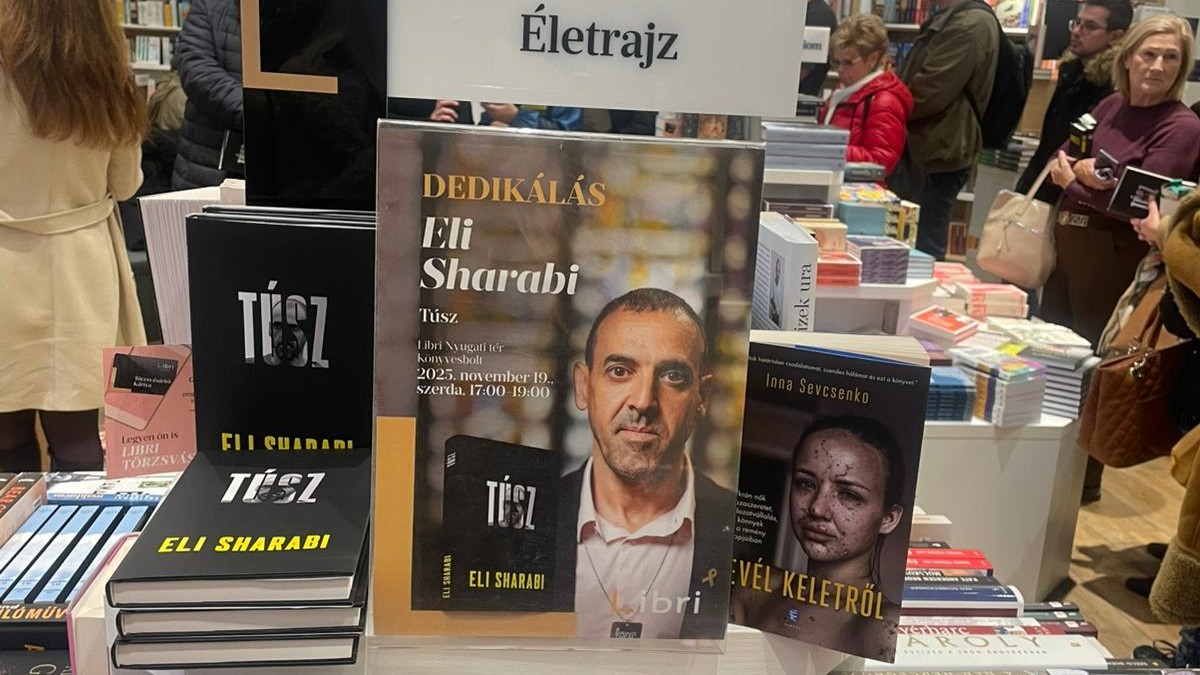
‘Sharabi’s story is one of profound physical and psychological suffering—hunger, loneliness, helplessness—but also of resilience, endurance, and the quiet, repeated choice to stay alive. His memoir bears witness to the bonds formed between hostages, the moments of grace that sustained them, and the inner strength that carried him through.’
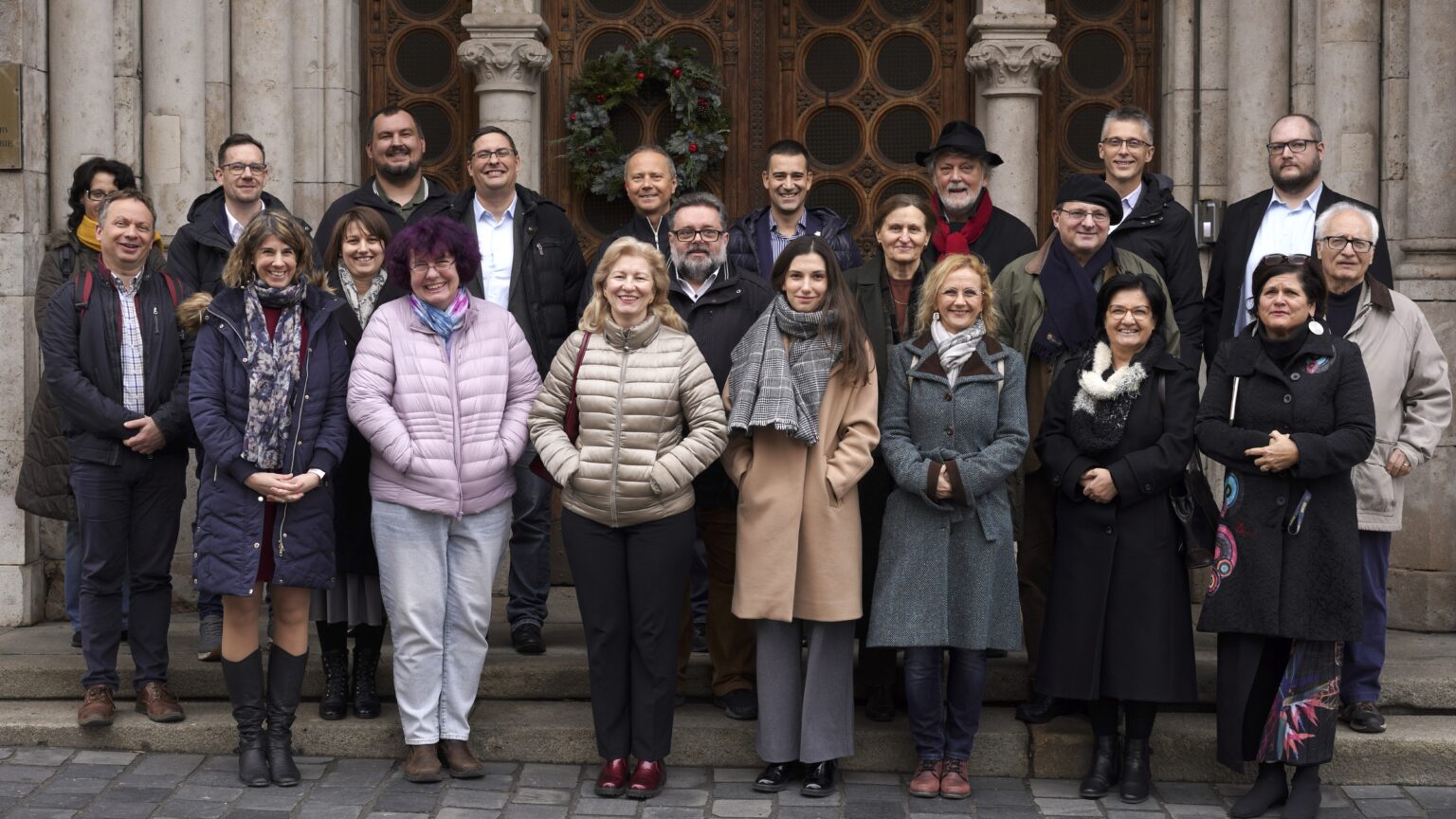
‘Although Hungarian emigration to the U.S. has been widely researched, far less attention has been given to the hundreds of thousands who, after spending years abroad…eventually came back to Hungary. The program aims to highlight this lesser-known heritage and call attention to the rich family archives, documents, and memories that still exist but remain unexplored.’

‘The military events had varying outcomes, but in a series of battles that tended to favour the Ottomans, the victory at Szabács was of great significance, which was further enhanced by subsequent developments. The siege of the castle also foreshadowed the change in military tactics that would become common throughout Europe in the following decades.’
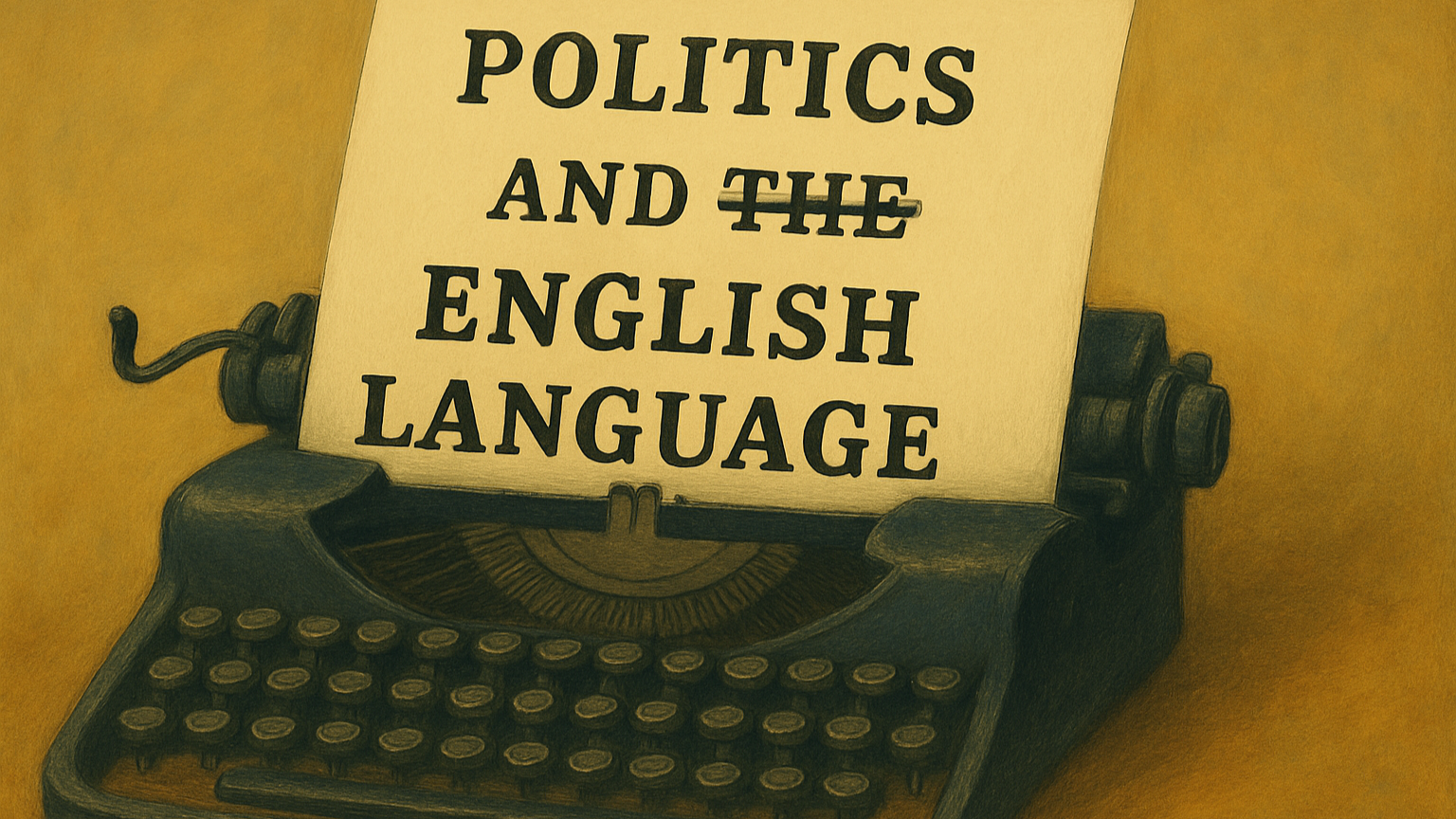
‘The issue of language doesn’t end with the culture war, it’s relevant across every level of issues and ideological questions.’
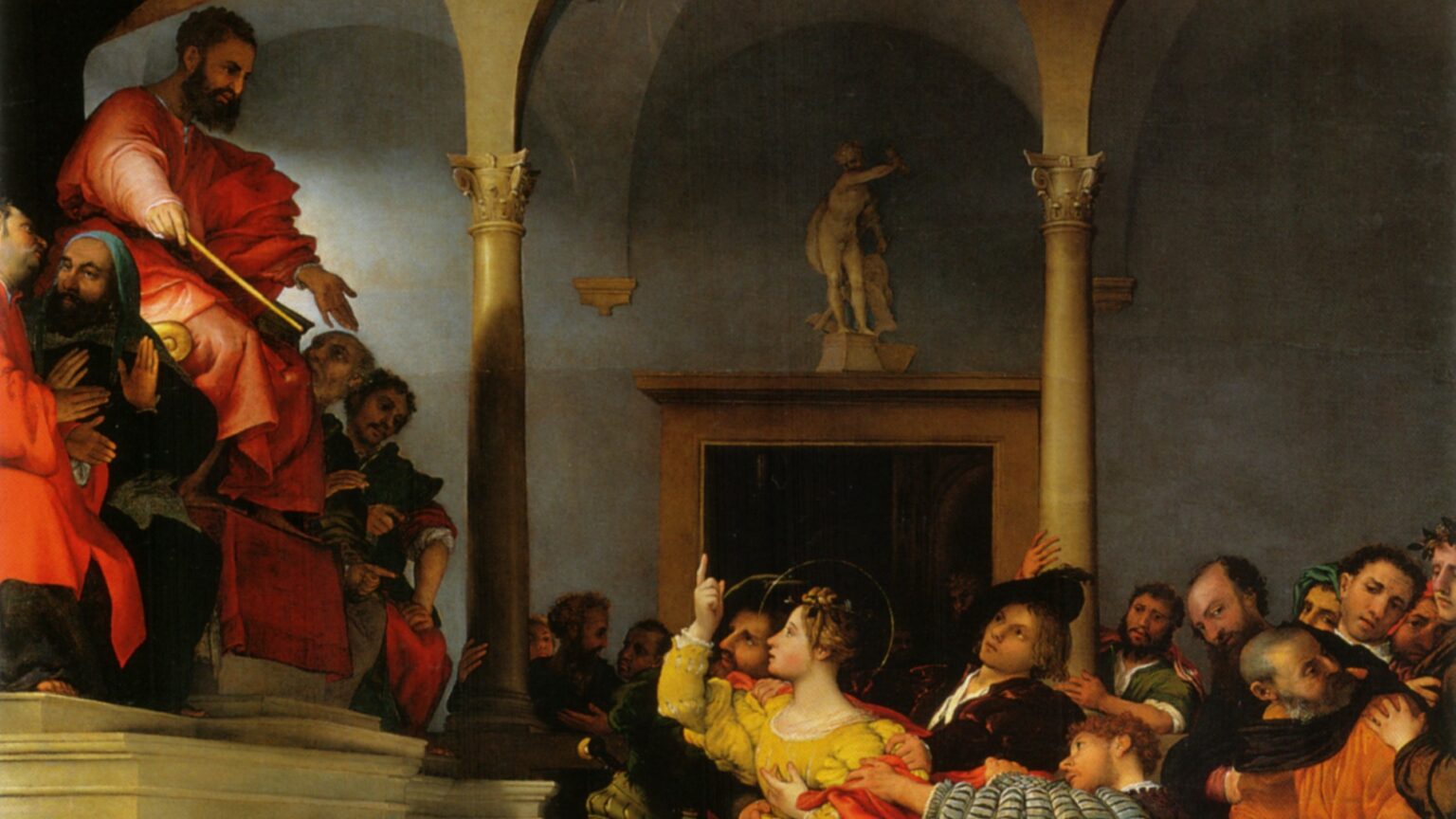
‘While the saint who gave the mid-December celebration its name is known for her kindness and benevolence, in folklore the day is nevertheless more closely associated with evil—and with its female agents: witches.’
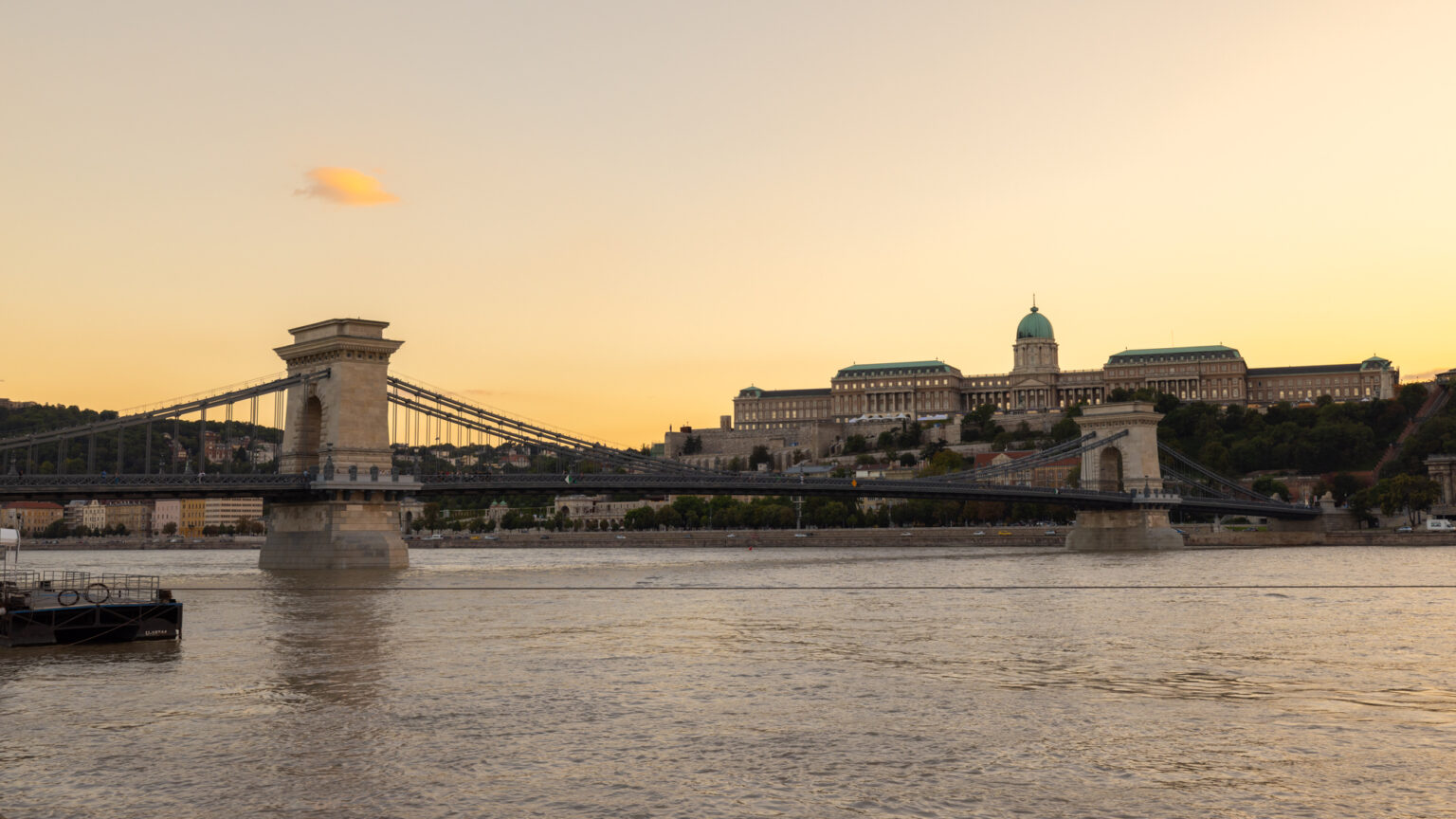
Hungary has already broken its 2024 tourism record, welcoming over 18.2 million guests by 2 December. With balanced domestic and international visitor numbers, Budapest and Lake Balaton remain top destinations, and strong holiday-season bookings point to another successful year ahead, Visit Hungary has shared.
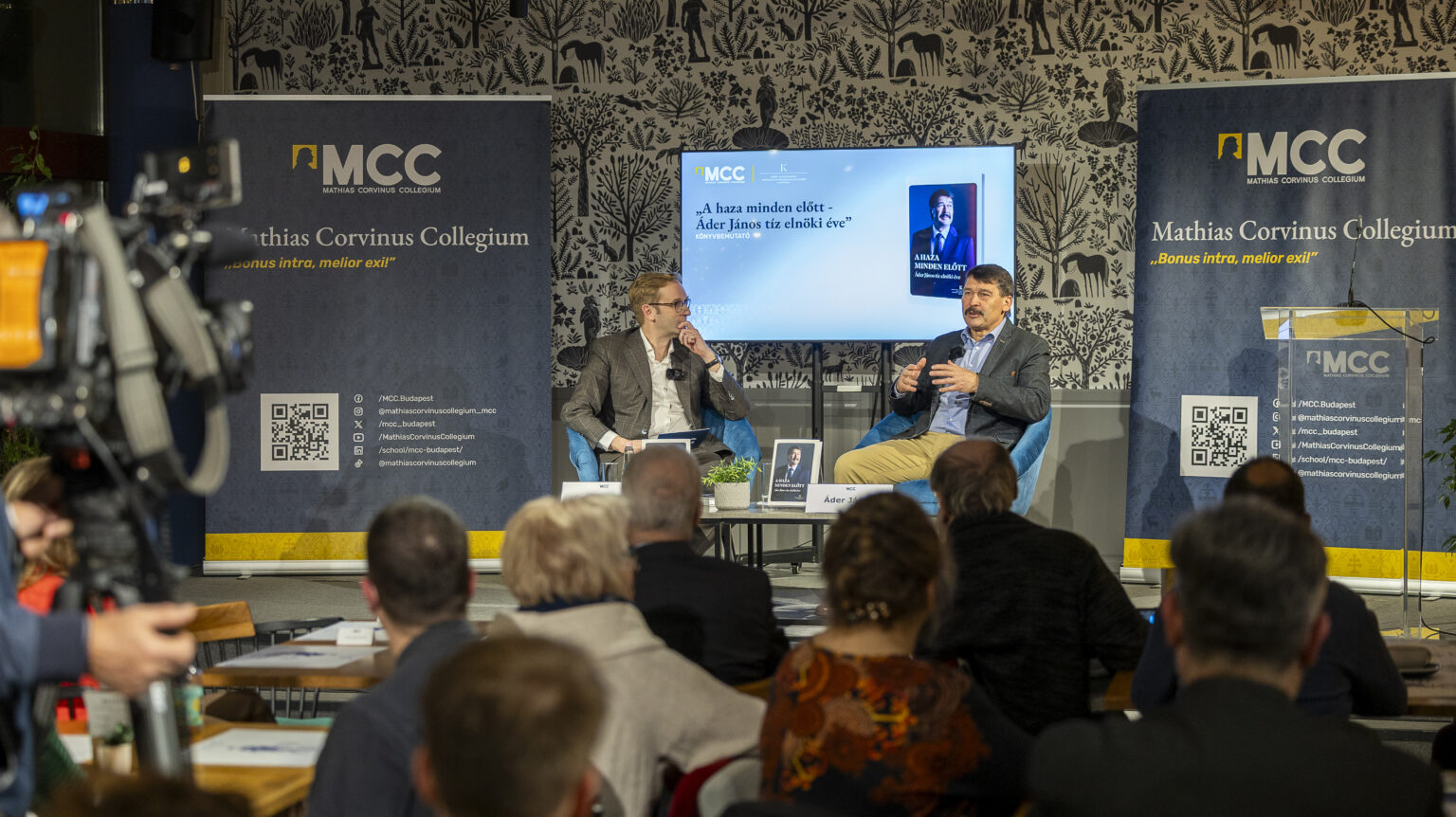
At a joint event organized by MCC and Mandiner, Former President of Hungary János Áder introduced his new book summarizing a decade in office through interviews that revisit constitutional dilemmas, national commemorations and private memories—from the Auschwitz memorial to the Trianon centenary speech and encounters with Hungarian communities abroad.

Ferencváros came back against the Scottish side Rangers, beating them 2–1 at home. With that victory, not only did they keep their unbeaten record in the Europa League campaign, but they also secured their spot in the knock-out stage of the competition next spring.
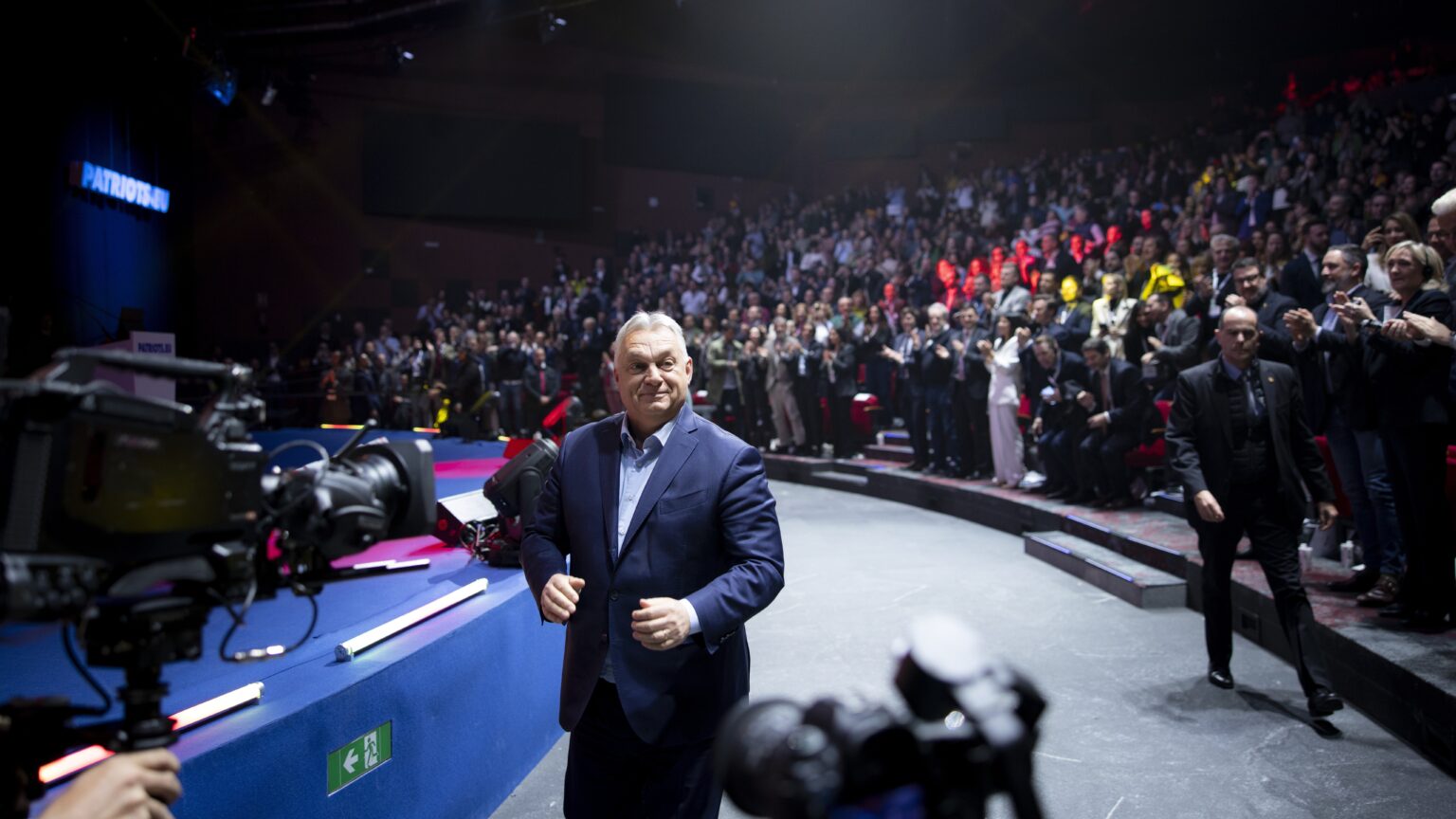
Prime Minister Viktor Orbán of Hungary has been included in POLITICO 28 again this year, the annual list of the most influential European figures by the political site. PM Orbán is ranked at #12, although his write-up is the most complimentary by the editors. US President Donald Trump has been ranked #1 on the list.
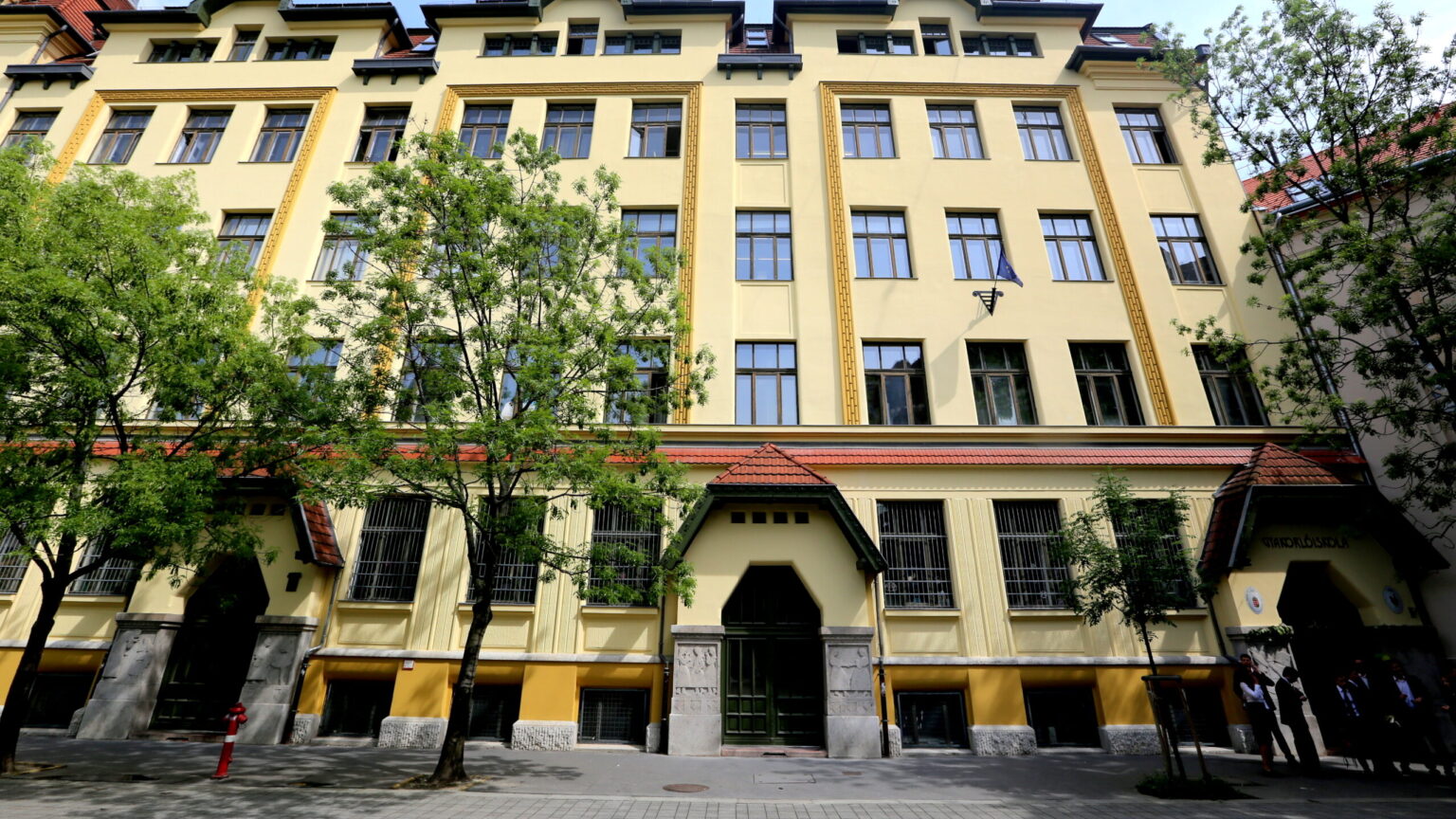
The 2026 National Secondary School Ranking—compiled by Mathias Corvinus Collegium and the Education Office—has been released, assessing more than 400 institutions nationwide. This year’s expanded edition introduces new indicators, including a pedagogical value-added index and a school health and sports ranking.
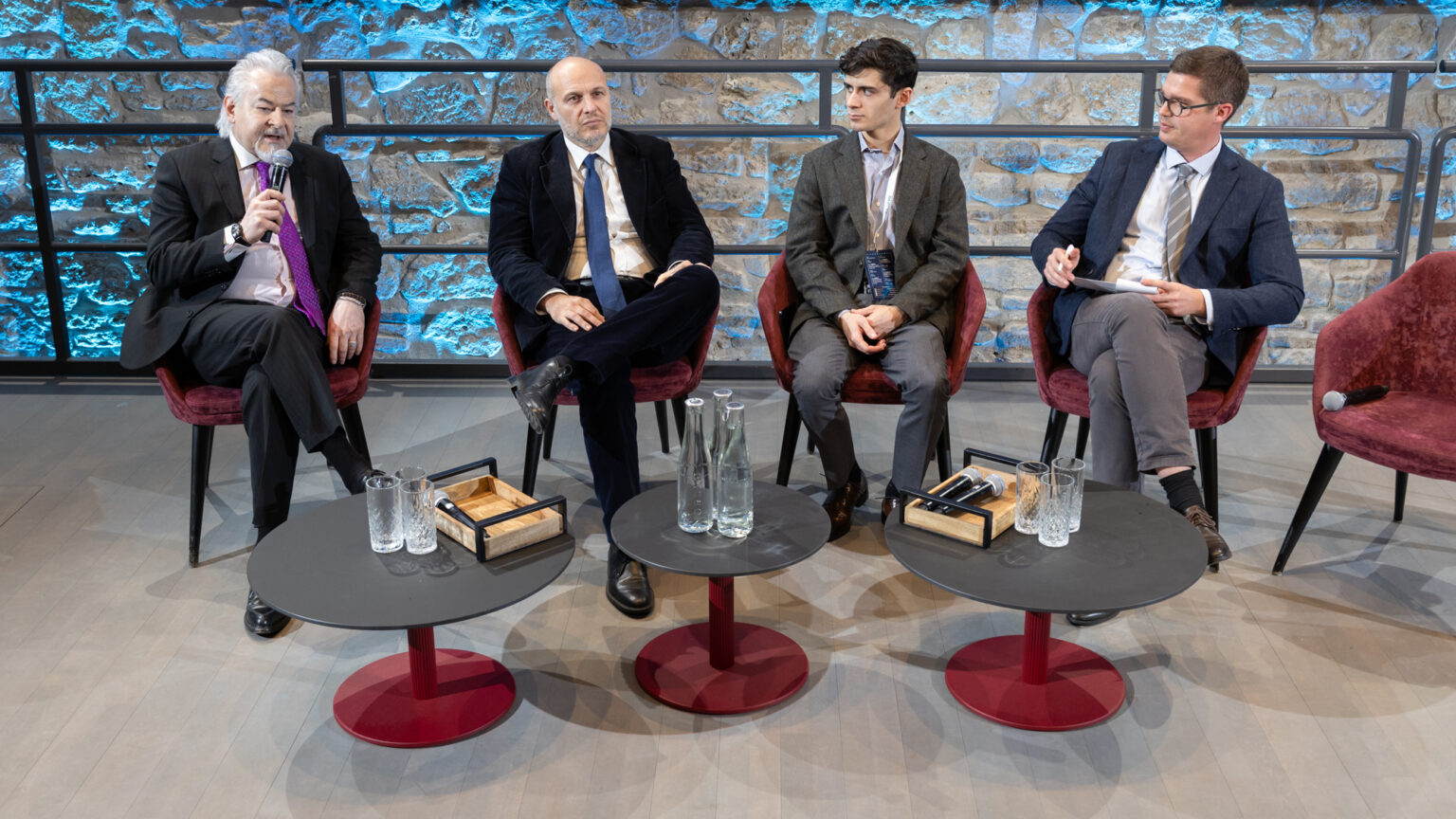
Central Asia’s growing role in global critical-mineral supply chains was discussed at the launch of the Danube Institute’s Turkic–Western Engagement Initiative, where experts highlighted the Middle Corridor’s rise, China’s tightening grip on strategic resources, and Hungary’s opportunity to shape Western engagement.
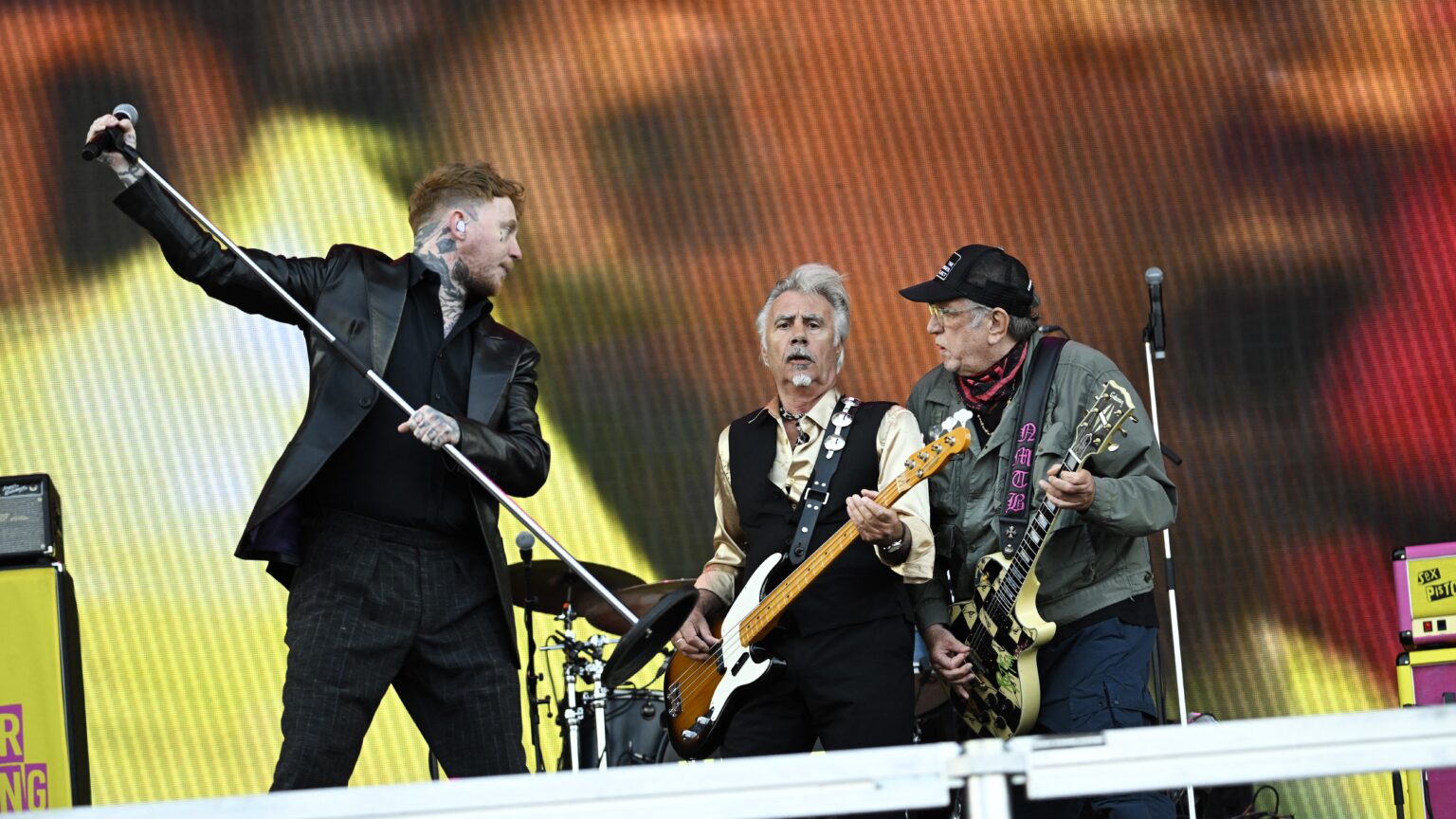
The Sex Pistols will bring their 50 Years of Punk anniversary tour to Budapest next summer. Joined by vocalist Frank Carter, the legendary band will perform on 20 July 2026, at Budapest Park, with fellow punk pioneers The Damned as special guests.

MCC held its eighth Carpathian Basin Education Conference under the theme The Key Figure of the Future: the Teacher, examining the transformation of education and marking ten years of the Young Talent Programme, now one of the institution’s flagship initiatives.
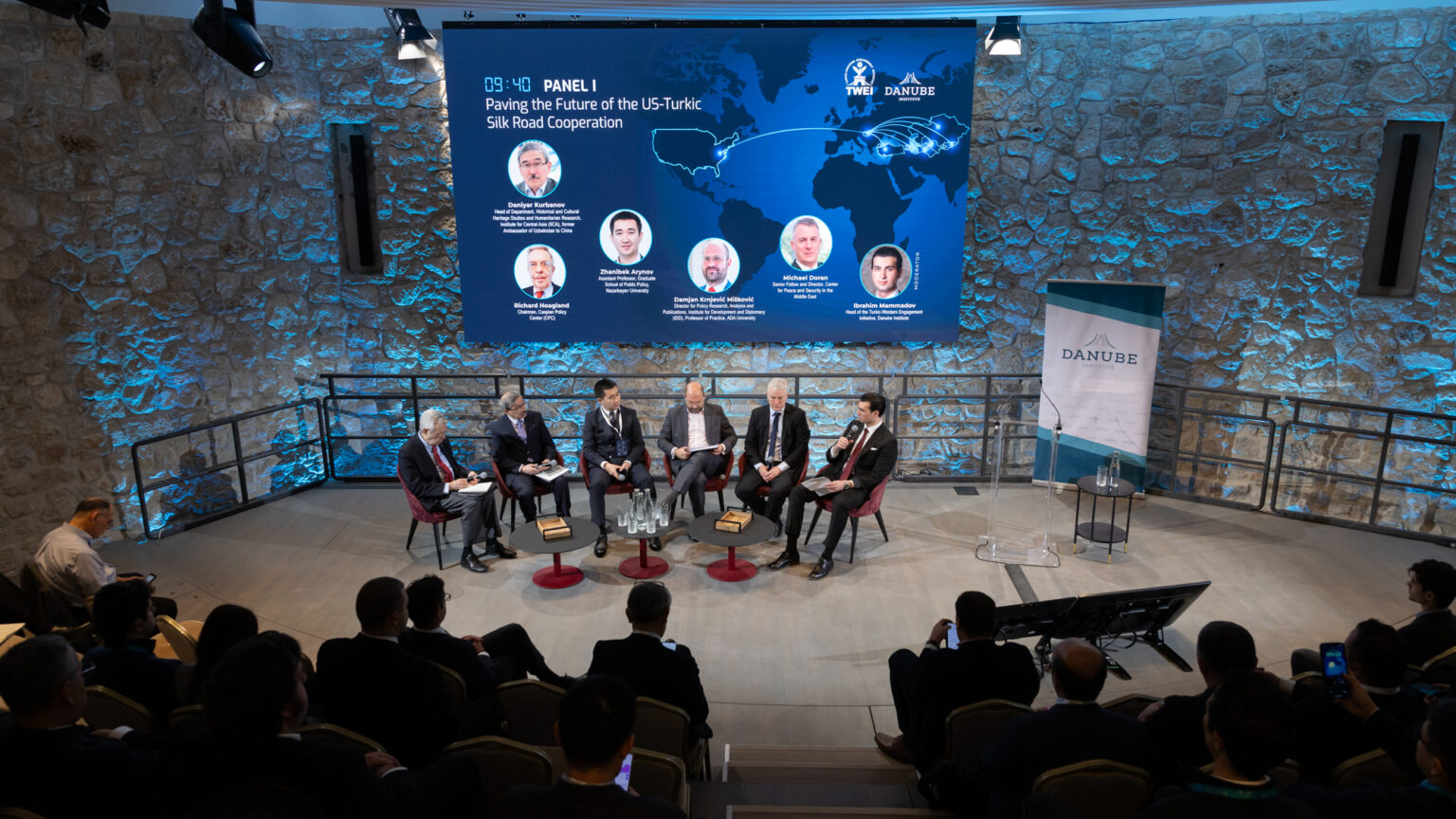
The Danube Institute launched its new Turkic Western Engagement Initiative (TWEI) in Budapest on Tuesday with a high-profile conference exploring how the West and the Turkic world can deepen cooperation amid growing geopolitical volatility, with particular emphasis on Hungary’s strategic bridging role.

Students and families in Debrecen are recreating Mihály Munkácsy’s Ecce Homo painting from his Christ Trilogy using 155,000 LEGO bricks. The large-scale mosaic, a community art and learning project, will be unveiled at the Déri Museum on 13 December.
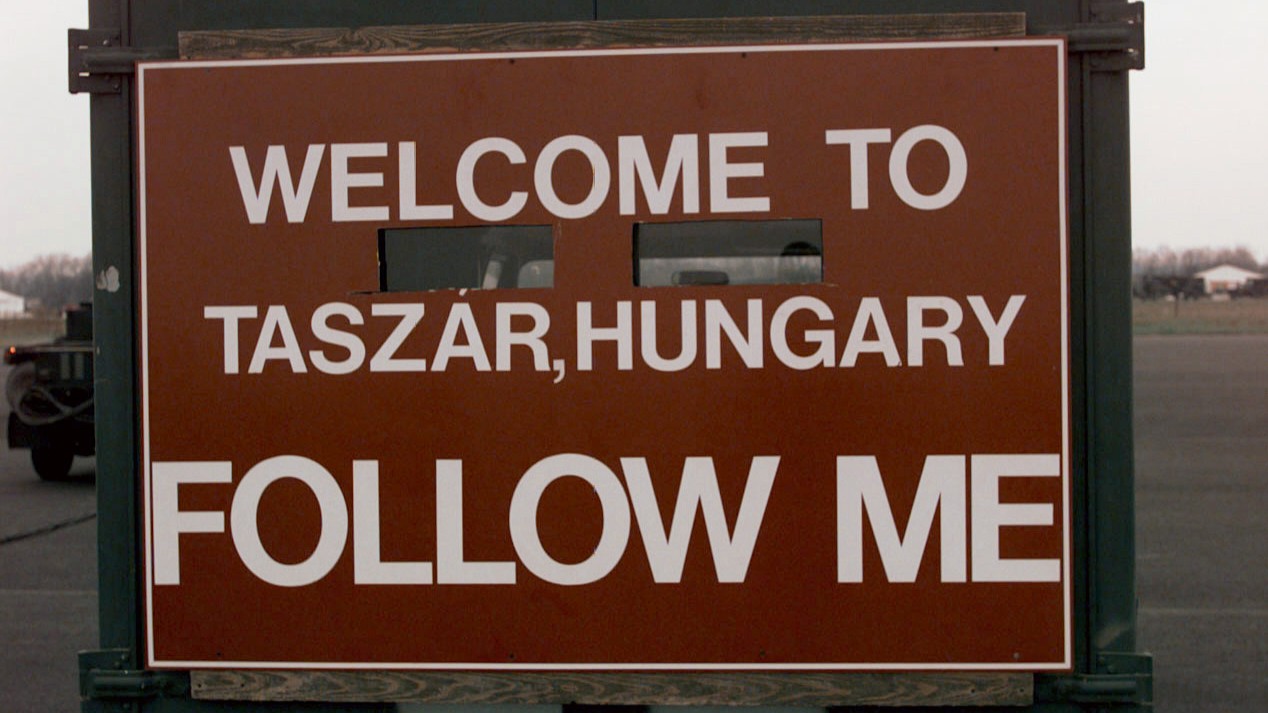
‘The Americans left Somogy county, but they left behind the tradition of American–Hungarian cooperation and friendship—making it possible, perhaps for the first time in Hungary’s history, to host the army of a great power not as occupiers, but as guests.’

Tim Pool, a popular right-wing podcaster and influencer, has claimed in an X post that a vehicle approached and opened fire at his residence in West Virginia on Friday night. All this is happening just three months after the assassination of conservative activist Charlie Kirk.
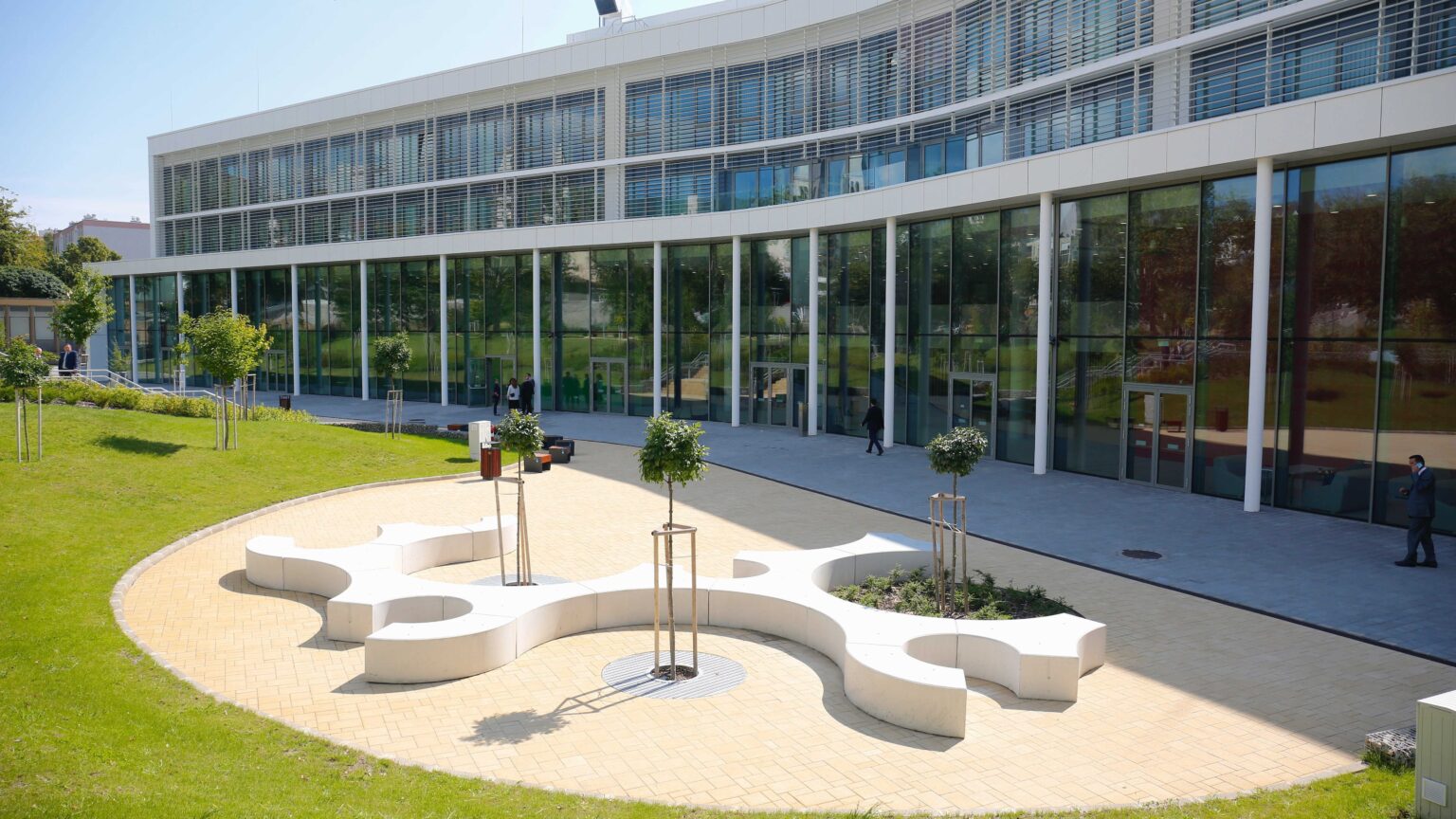
The University of Pécs has again achieved an outstanding result in the UI GreenMetric World University Rankings, placing 29th out of 1,745 institutions worldwide and securing the top position in Hungary, reinforcing its leadership in sustainability.
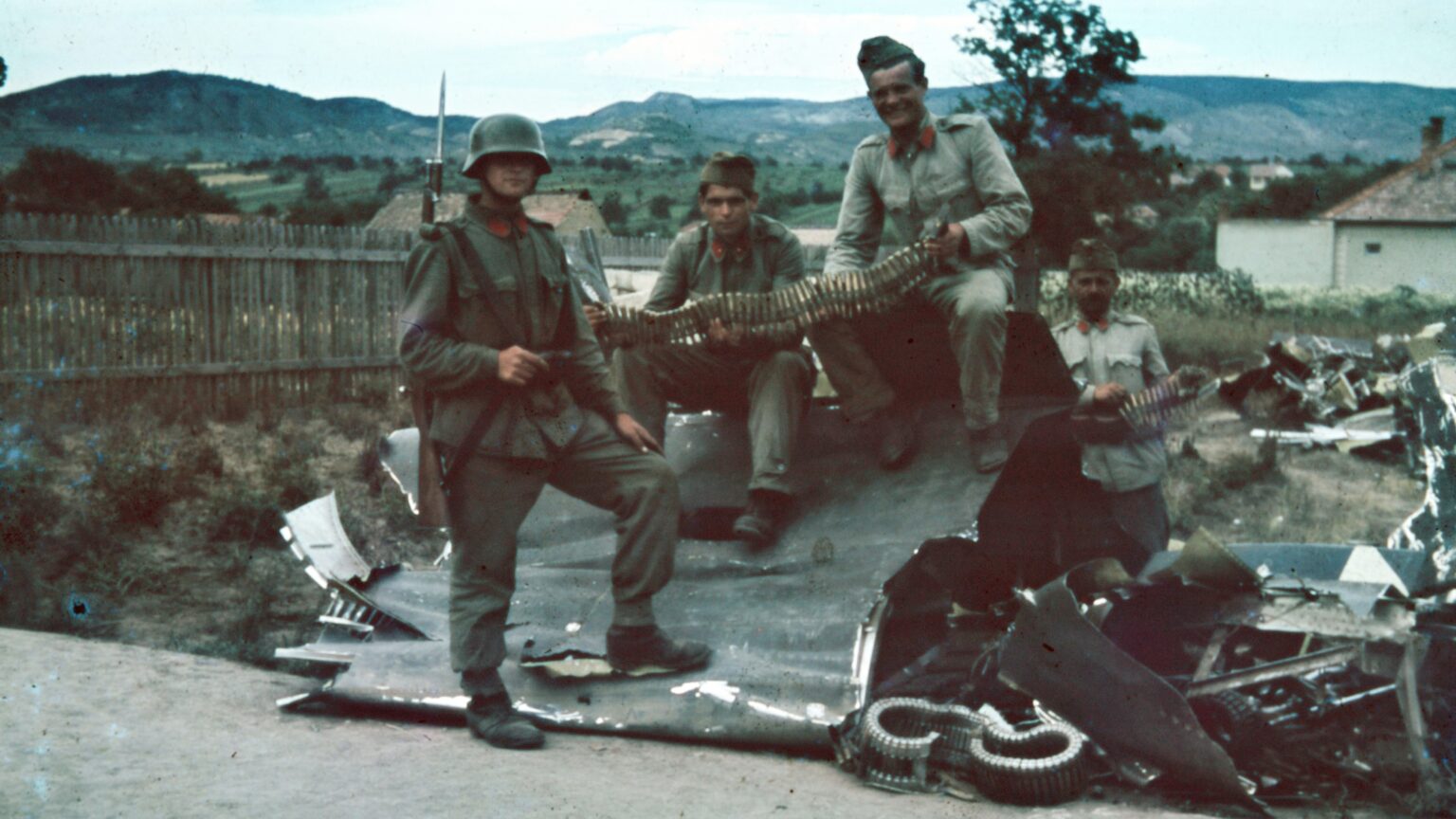
A new online database detailing the 1944–45 military occupation of Hungary has been launched, offering the most comprehensive, settlement-level overview to date of wartime operations, casualties, and damages across all 3,155 municipalities.
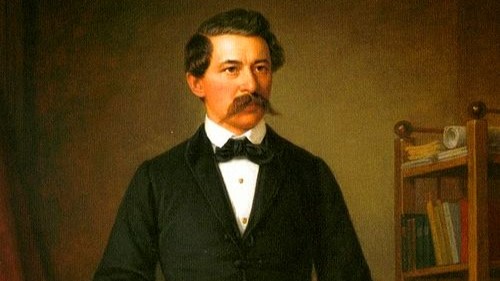
‘Arany’s legacy lives on nationally and internationally as someone who spoke for a nation in a moment of deep peril and despair.’
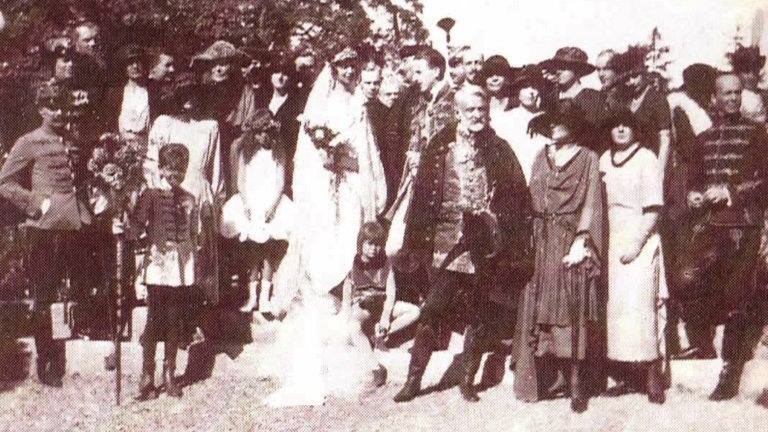
‘The legacy of Klára Andrássy is one of turning the Andrássy Palace into an open centre of anti-Nazi resistance.’
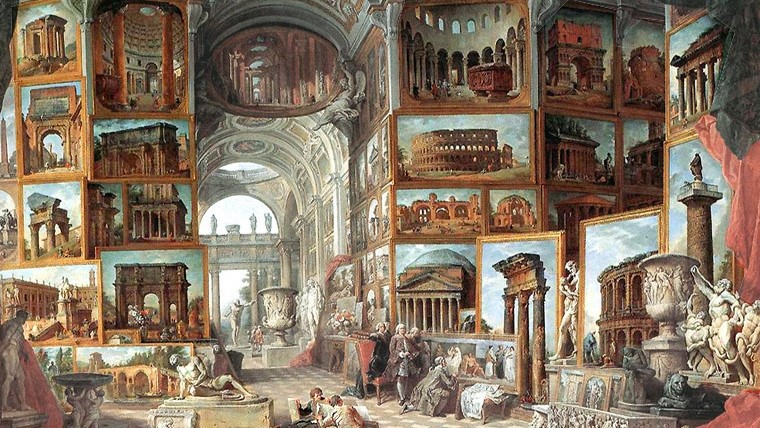
‘Europeans occasionally refer to the United States as the “Fourth Rome”, yet within American discourse, the designation is simply the “New Rome”, implying direct succession to the Urbs Aeterna.’
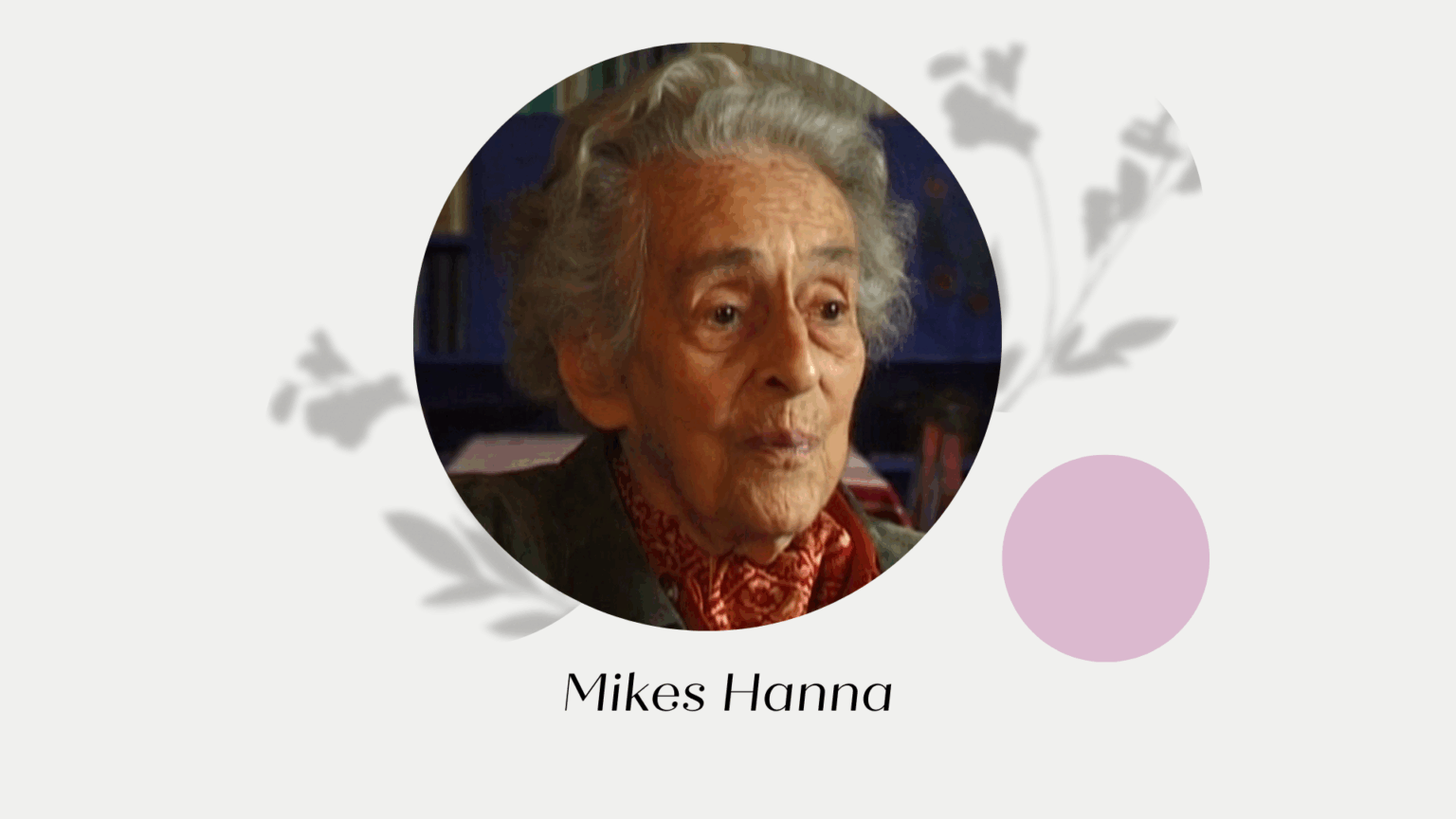
She was the daughter-in-law of Pál Teleki, and in her heart she remained Transylvanian to the very end. The untamed countess of Zabola—the eternal rebel—the story of Hanna Mikes.
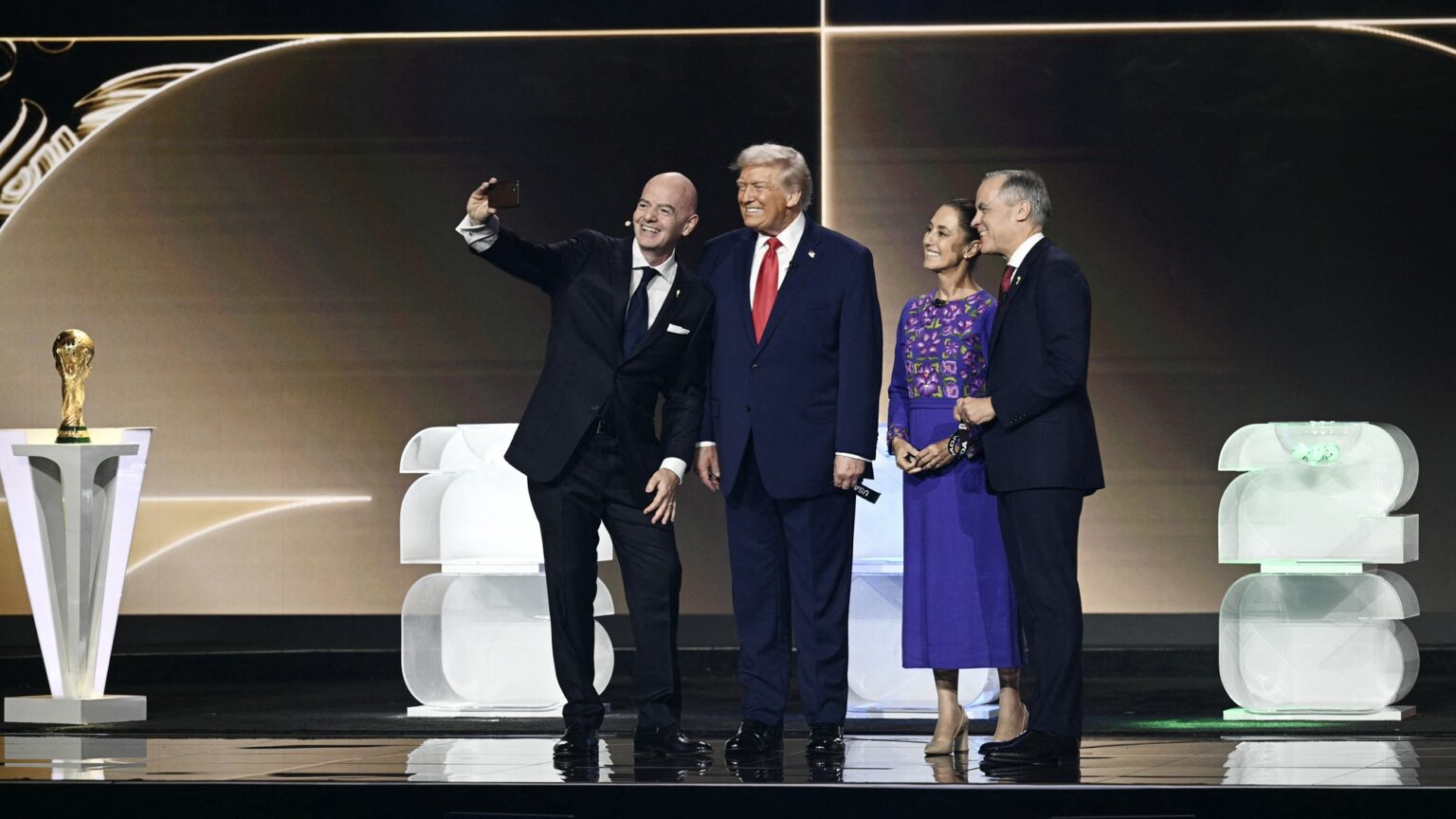
The group stage draw for FIFA World Cup 2026, held in the United States, Mexico, and Canada, has been made, with the help of US President Donald Trump. England v Croatia, Kylian Mbappé’s France v Erling Haaland’s Norway, Brazil v Morocco, and many other exciting fixtures are on the schedule for next year’s tournament.